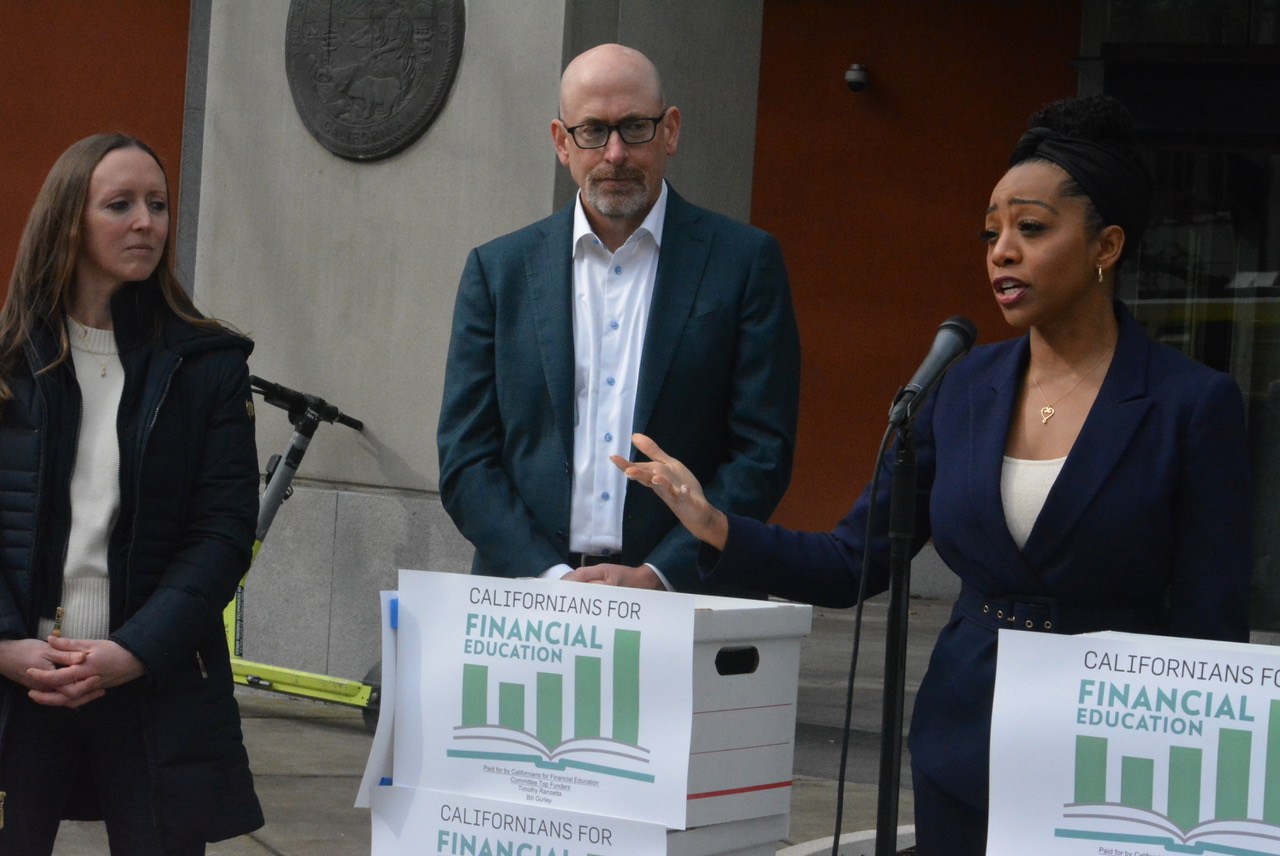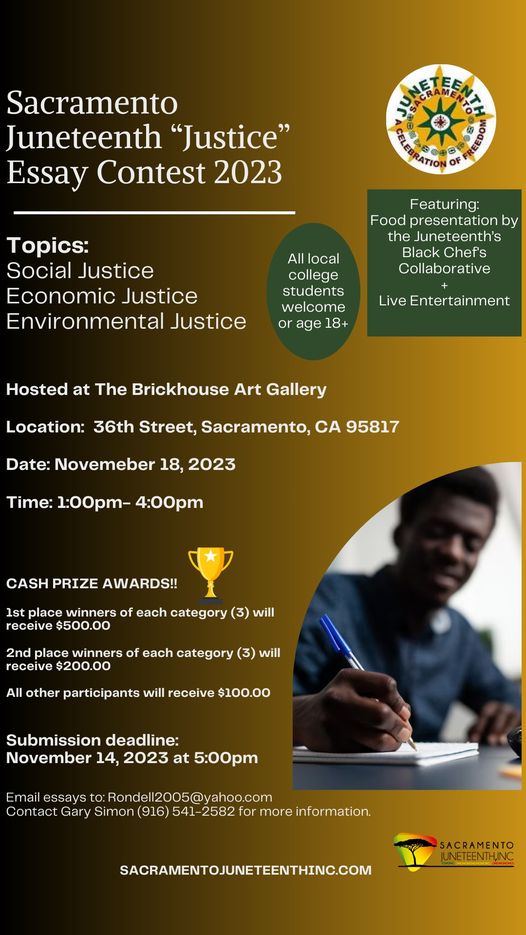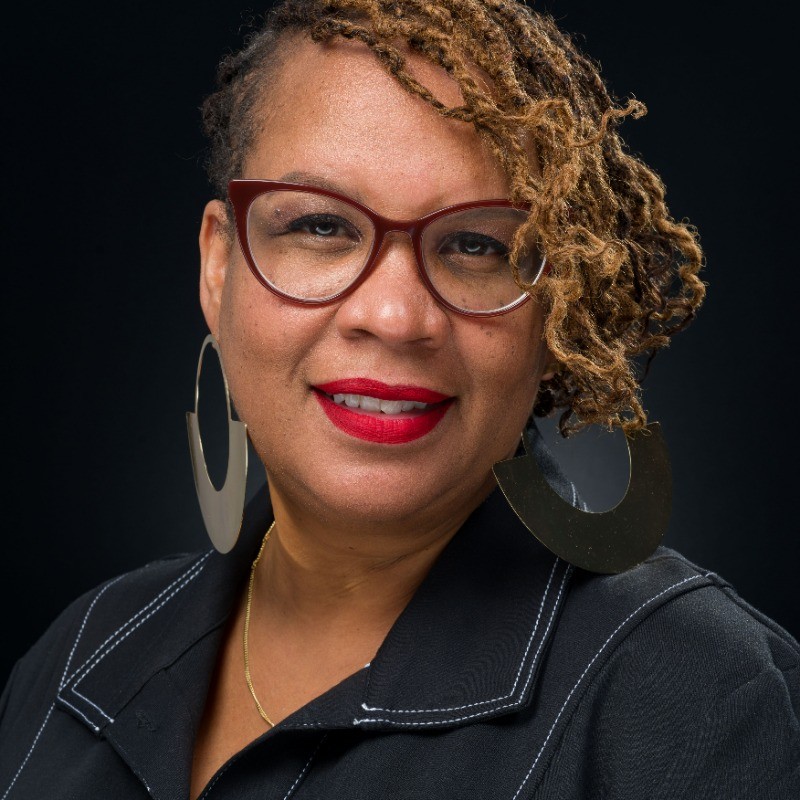
Leading With Action, Love and Data Points: Six Questions for the California Black Women’s Collective
Edward Henderson | California Black Media
The California Black Women’s Collective (CABWC) is a sisterhood of influential women from different professional backgrounds who aim to uplift and address the issues impacting Black women and girls in all regions of the state. Relying on research, they approach problem solving with a range of expertise – from politics, business, and community advocacy to the arts, entertainment, social justice activism, and more.
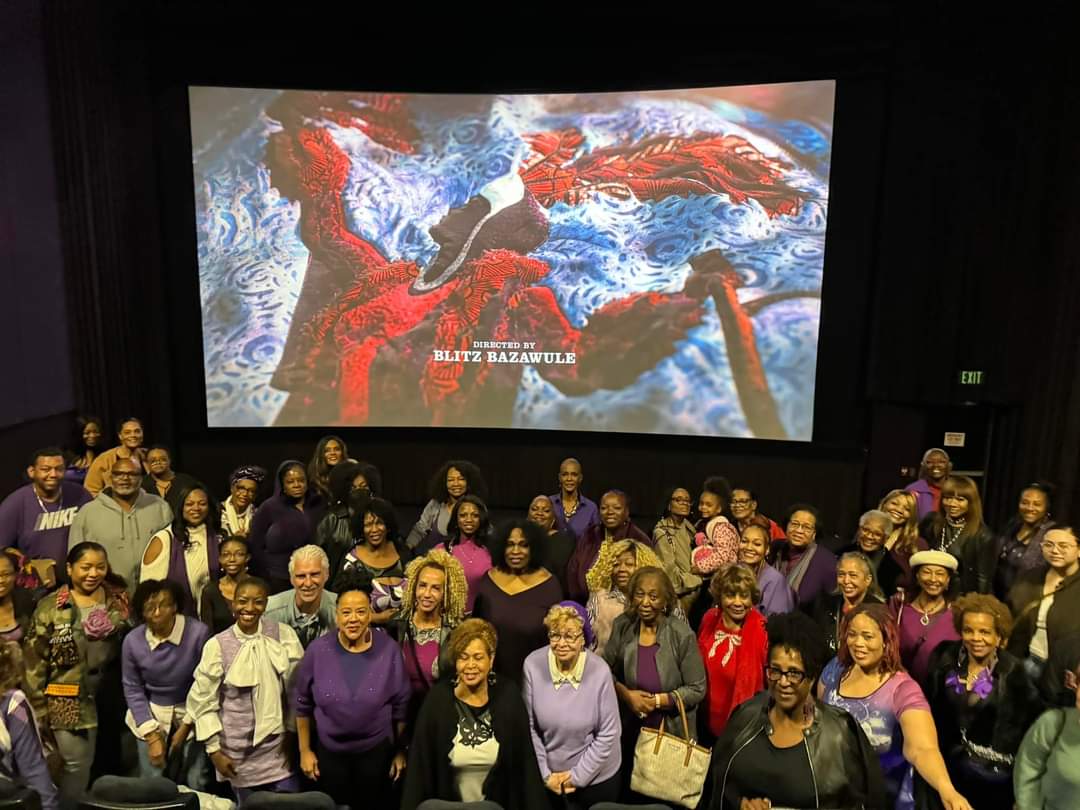
The collective also partners with other women’s organizations to elevate women’s voices, eliminate racist and sexist violence, secure adequate representation and support the quest for reparations.
CABWC offers several initiatives in support of its mission of Black Women’s empowerment.
Earlier this month, the organization released a wage report focused on Black women’s earnings in California titled “Pay Me What I am Worth.”
“Black Women in California have always had to be active participants in the labor market, but this report showcases the need for fair and just wages even for those of us with higher educational attainment, said Kellie Todd-Griffin, President and Chief Executive Officer of the California Black Women’s Collective.
“It can’t just be about an annual recognition of a perceived pay gap. We wanted to see the data for a five-year period and look at it in different ways, continued Todd-Griffin. “Black Women in California wages are below the state mean wage and make less than most of their female counterparts in every category we reviewed. And with the majority being single and primary breadwinners, California Black Women feel the impact of lower wages every day. We must take action now.”
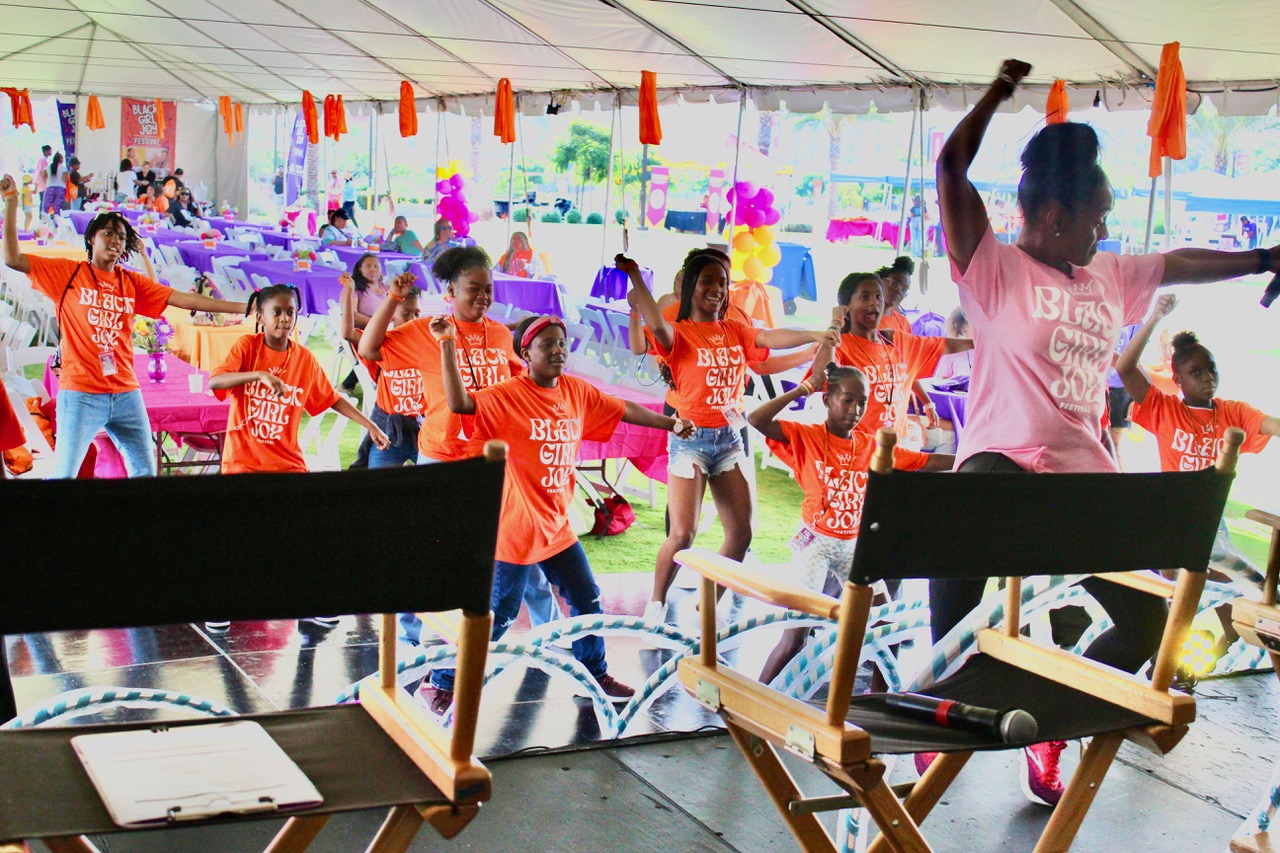
CABWC’s Black Girl Joy Festival is an event designed to uplift Black Women and Girls in a safe space while learning and having fun. The festival includes free workshops that prepare women for college, dancing, self-defense training, health screenings, yoga, arts & crafts, and food vendors.
The Collective’s Empowerment Institute, launched in collaboration with the Los Angeles-based research firm EVITARUS, produces the annual California Black Women’s Quality of Life Survey. This study collects insights from 1,258 Black women voters across California to understand their most pressing concerns, experiences and issues in California.
They are also planning a tour throughout the state focused on empowering Black Women with information to improve their economic status. ‘The Conversation for Black Women – Building an Economic Action Plan Tour’, sponsored by BMO, will travel to six locations throughout the state.
California Black Media spoke with Todd-Griffin about the organization’s impact, challenges it faces and some of its near-term plans.
What does your organization do to improve the lives of Black people in California?
The California Black Women’s Collective Empowerment Institute’s uplifts the issues and voices of Black Women and Girls in California with our vision of improving their lives and serves as beacon inspiring hope for many. We achieve that through our programming, which includes the Black Women’s Worker Initiative that helps Black Women
prepare for public section and non-traditional careers. Other initiatives include the CA Black Women’s Leadership Development Certificate program at CSU Dominguez Hills; Black Girl Joy Festival for middle and high school students; Conversations for Black Women, etc. Our targeted research also uncovers and finds solutions to the toughest challenges Black women and girls face.
What was your greatest success over the course of the last year?
This year, we released the first-ever California Black Women’s Quality of Life Survey. This groundbreaking study collected insights from 1,258 Black women voters across California to understand their economic state, most pressing concerns, their attitudes toward policymakers, and their experiences and issues in California. Black women in California and around the country are struggling socially and economically while serving as primary breadwinners of their households. The results are sobering and paint a picture of the pressures that threaten Black women’s stability and financial security. This data is a call-to-action for meaningful change to policymakers, advocates and community leaders working to address these pressing issues and disparity gaps. Nearly two in five Black women work multiple jobs, yet face significant challenges meeting basic expenses, indicating the strain caused by inflation and the rising cost of living in the Golden State
In your view, what is the biggest challenge Black Californians face?
Black Californians, especially Black Women, continue to be left out of the conversation when it comes to building meaningful change to improve the lives of those who struggle the most. When there isn’t intentionality in policy and practice transformation, it is not shocking that Black Californians experience the highest rated of unhoused people, the highest unemployment rates, the largest wealth gap, the lowest life expectancy and the lowest homeownership even though we have one of the smallest populations in the state.
What was your organization’s biggest challenge?
Our biggest challenge over the last year was transitioning from a volunteer driven entity, the California Black Women’s Collective, to creating a non-profit organization, the California Black Women’s Collective Empowerment Institute, with staff, a board of directors and appropriate budget. We started as a Coalition of Black Women throughout California who showed up in unofficial capacities and therefore could unapologetically challenge the system and people to do the right thing. As non-profit, we still have that role, but we have a set of boundaries that we are governed by.
Does your organization support or plan to get involved in the push for reparations in California?
Absolutely!
How can more Californians of all backgrounds get involved in the work you’re doing?
We are on all the social media channels. They can also go to our website, www.CABlackWomensCollective.org. We also have a podcast, The Power Table – Conversations for Black Women on YouTube and other audio streaming platforms.
